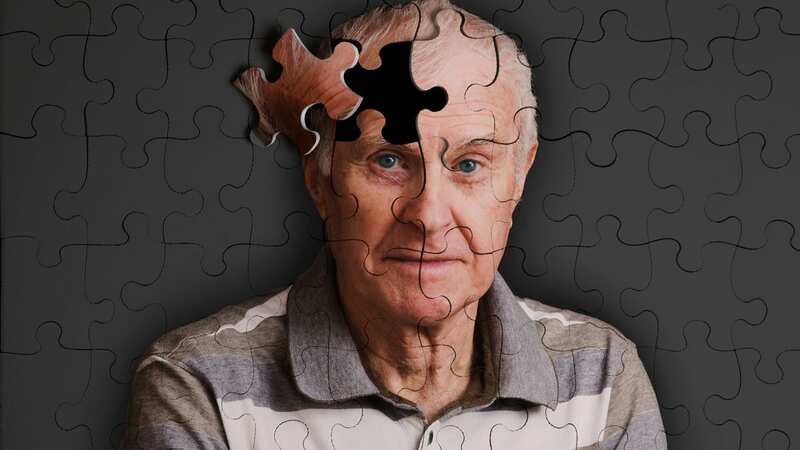Brits would rather discuss finances and mental health than talk about dementia

Finances (31%), relationship issues (23%), and even general mental health (24%), are some topics Brits would rather have a conversation about – instead of discussing potential dementia, a survey has found.
Over two-thirds of adults (69%) feel dementia is still not talked about enough in society – with just one in five (21%) believing that discussions about the condition have become more mainstream in recent years.
As such, 80%, of the 2,000 people polled, feel that the illness remains misunderstood, with misconceptions still rife, due to a lack of knowledge or simply embarrassment.
More than seven in 10 (73%) feel uninformed when it comes to dementia – but exactly half of those polled are eager to learn more about how it develops, and the timeframes of the condition.
And 57% would be interested to find out more about the support and care available to those impacted by dementia.
 England star Joe Marler reflects on lowest point after fight with pregnant wife
England star Joe Marler reflects on lowest point after fight with pregnant wife
It emerged that some of the top knowledge gaps when it comes to the syndrome include not being aware that it can change someone's personality (48%), as well as their dietary preferences (89%). And six in 10 also did not realise that those living with dementia can develop a lack of social awareness.
 More than half are unaware that dementia can change someone's personality (Peter Dazeley/Getty Images)
More than half are unaware that dementia can change someone's personality (Peter Dazeley/Getty Images)The research was commissioned by Care UK, which has launched "The Big Dementia Conversation", in a bid to encourage people to talk more frequently about the condition.
The care providers will be hosting free, public events to help local communities understand more about living well with dementia, and offer a safe space to talk.
Suzanne Mumford, head of nursing, care, and dementia for Care UK, said: "While much has been done in the way of raising awareness of dementia, there are still a lot of things people don’t know, or aren’t comfortable talking about – especially when it comes to how a person behaves, which is often linked to a change in perception.
"Many families expect their loved ones to be a bit different once the condition starts progressing, but very few are prepared for some of the more unusual personality changes. For example, it’s not uncommon for people’s tastes and preferences to change."
The biggest misconception Brits feel about dementia is that it only affects people in their 60s or above (36%) – with others including that it is always associated with memory loss (23%), and that it can be cured (13%).
It also emerged only one in 10 claim to be "very familiar" with the signs that someone may be experiencing dementia, according to the OnePoll.com figures.
Suzanne Mumford added: "Dementia affects millions of lives – not just those diagnosed, but also their families and friends.
"This is why we believe supporting families and carers is just as essential as supporting the person living with dementia – and by talking openly about it, we can reduce stigma and create a supportive community.
"Supporting people with dementia requires a societal challenge, not just for older people, but for everyone. We need to start the conversation and talk about it openly, to take action to build a more compassionate and inclusive world for all.
 'So fed up of tiresome pal flirting with my husband and always putting me down'
'So fed up of tiresome pal flirting with my husband and always putting me down'
"We’d like to encourage people across the country to visit their nearest care home, or attend one of our events, to find out more about the condition."
Read more similar news:
Comments:
comments powered by Disqus

































